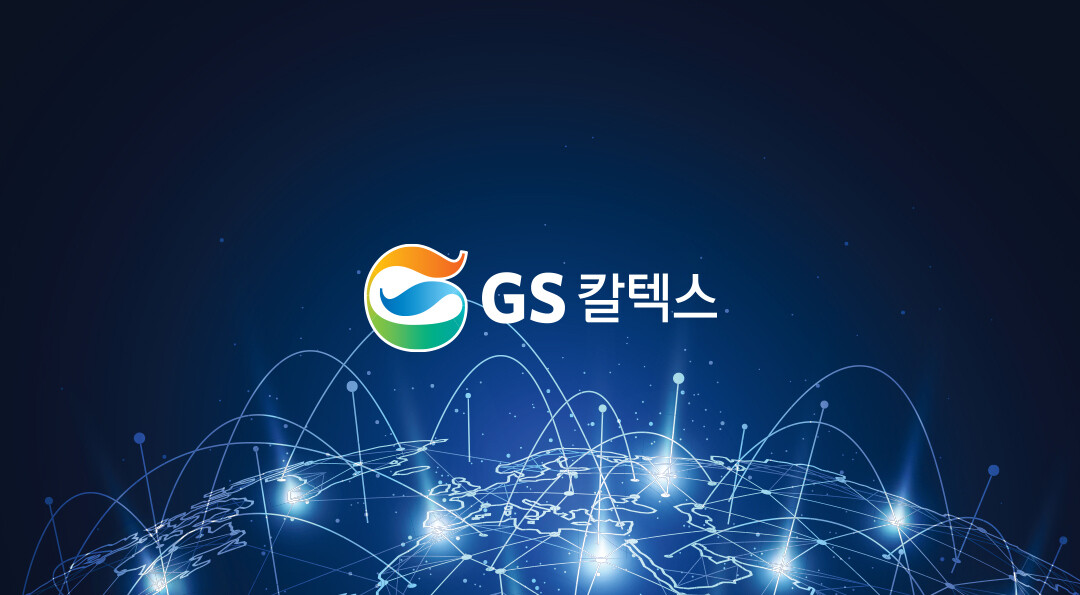
Since its inception in 1967, amidst the burgeoning South Korean industrial landscape, GS Caltex has risen to become a national energy leader, embodying the slogan "I'm your energy." Now, half a century later, the company is embarking on a "Deep Transformation" strategy, seeking new growth engines to fuel its next 50 years.
Beyond Refining: Embracing Eco-Friendly Energy
GS Caltex's refining division has recently experienced significant performance volatility. After a deficit of approximately 500 billion KRW in the third quarter, the division rebounded with a 207 billion KRW profit in the fourth quarter. While sales remained relatively stable, operating profit fluctuated dramatically due to changes in refining margins. This volatility stems from heightened uncertainty in global oil prices and energy demand, leading to increased fluctuations in refining margins.
In response, GS Caltex plans to focus on emerging eco-friendly energy markets to offset the volatility of its refining business. By leveraging its existing refining operations as a cash cow, the company aims to develop low-carbon new businesses as future growth drivers.
Pioneering Biofuel: Leading the Global Market
GS Caltex is making significant strides in the biofuel sector, establishing a comprehensive value chain encompassing aviation and marine fuels. The company has achieved several "firsts," including exporting sustainable aviation fuel (SAF) to Narita Airport in Japan. This SAF, produced by blending Neste's SAF with conventional jet fuel, has received carbon reduction certification from the International Civil Aviation Organization (ICAO) and is now being supplied to domestic airlines.
GS Caltex also became the first domestic refiner to successfully conduct a trial run of biofuel bunkering. In 2023, the company supplied biofuel to HMM's container ship "Tacoma" at Busan Port. GS Caltex is also manufacturing and selling biofuel to shipping companies like Maersk, contributing to carbon reduction in the maritime sector.
From Raw Material Production to Hydrogen: Securing the Future Energy Market
GS Caltex is accelerating raw material production, a crucial part of the biofuel value chain. The company's joint venture with POSCO INTERNATIONAL to build a bio-raw material refining facility in Indonesia is expected to begin commercial operations this year. The facility will produce 500,000 tons of bio-raw materials and edible oils annually, which can be used to produce SAF and bio-jet fuel.
In the hydrogen sector, a promising future energy source, GS Caltex is building a value chain spanning production and power generation. By 2027, the company plans to construct a large-scale hydrogen production and power plant at the Yulchon complex logistics park near the Yeosu Industrial Complex, securing an annual hydrogen production capacity of 300,000 tons.
Carbon dioxide generated during hydrogen production will be utilized in carbon capture, utilization, and storage (CCUS) projects. GS Caltex is collaborating with the Korea Research Institute of Chemical Technology, Jeollanam-do, and Yeosu City to pursue CCU mega-projects, conducting technology research and demonstration at the Yeosu Industrial Complex.
Betting on Future Growth: Bright Prospects for the Global Market
GS Caltex emphasizes its commitment to investing in future growth rather than immediate profitability. Market research firm Mordor Intelligence predicts the global SAF market will reach 30 trillion KRW by 2027, while the Korea Maritime Institute forecasts the biofuel bunkering market will grow to 8 billion USD by 2034.
Based on these market projections, GS Caltex plans to aggressively develop its biofuel and hydrogen businesses, aiming to lead the global eco-friendly energy market.
[Copyright (c) Global Economic Times. All Rights Reserved.]






























